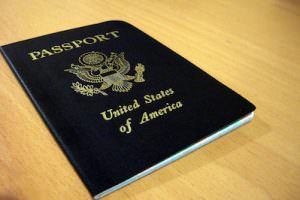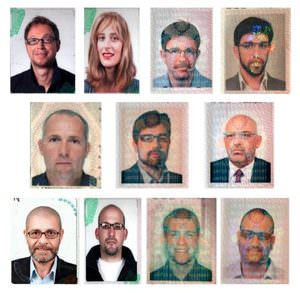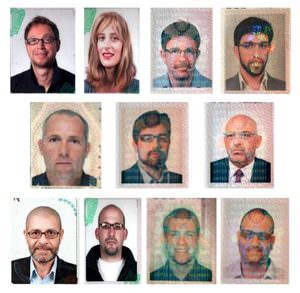New Passport Security Chips Easily Crackable
The new microchips slated for use in new U.S. passports are tantamount to "installing a solid steel front door to your house and then putting the key under the mat," in the words of one computer expert who hacked the chips.The new microchips slated for use in new U.S. passports are tantamount to “installing a solid steel front door to your house and then putting the key under the mat,” in the words of one computer expert who hacked the chips.
Your support matters…The Guardian:
… Great news then, we thought, that the UK had just begun to issue new, ultra-secure passports, incorporating tiny microchips to store the holder’s details and a digital description of their physical features (known in the jargon as biometrics). These, the argument went, would make identity theft much more difficult and pave the way for the government’s proposed ID cards in 2008 or 2009.
Today, some three million such passports have been issued, and they don’t look so secure. I am sitting with my scary computer man and we have just sucked out all the supposedly secure data and biometric information from three new passports and displayed it all on a laptop computer.
Independent journalism is under threat and overshadowed by heavily funded mainstream media.
You can help level the playing field. Become a member.
Your tax-deductible contribution keeps us digging beneath the headlines to give you thought-provoking, investigative reporting and analysis that unearths what's really happening- without compromise.
Give today to support our courageous, independent journalists.






You need to be a supporter to comment.
There are currently no responses to this article.
Be the first to respond.